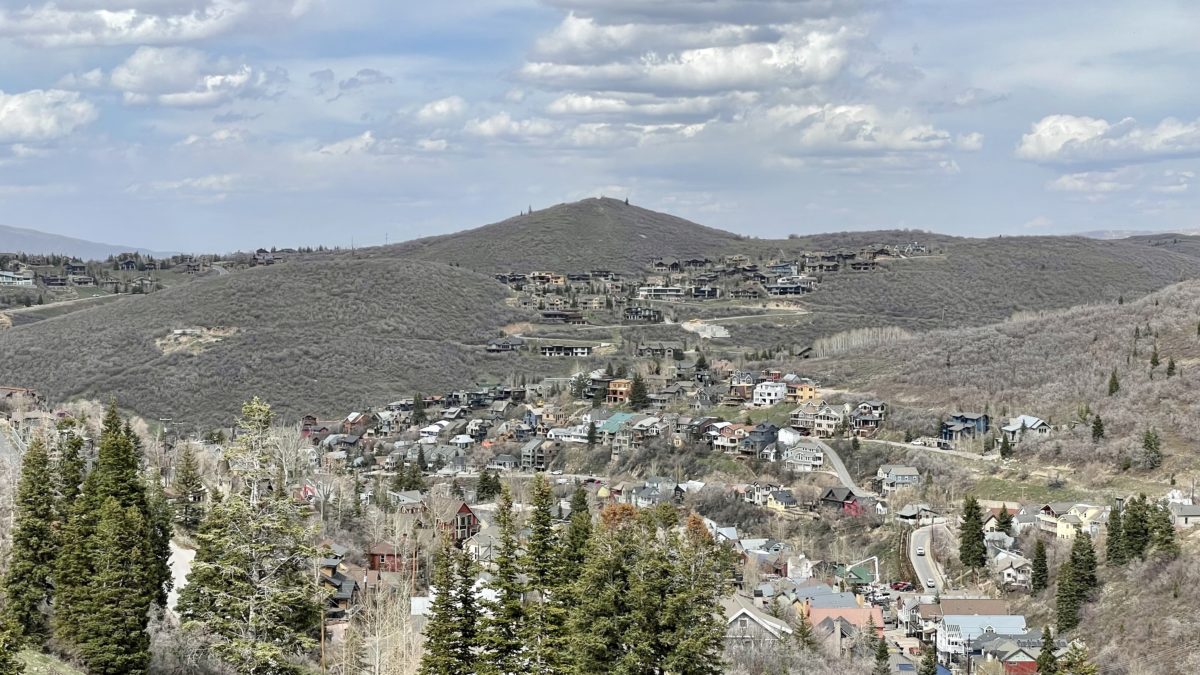Town & County
Summit County exploring short-term rental regulation

Park City Photo: TownLift
SUMMIT COUNTY, Utah — The Summit County Council is scheduled to hold a work session to discuss possible regulation of short-term rentals in the county at their meeting on Wednesday.
According to the Kem C. Gardner Policy Institute at the University of Utah, 21.5% of housing units in Summit County are short-term rentals, which is the highest rate of any county in the state.
Currently, the only penalty for non-compliant short-term rental owners is the loss of a license, according to a staff report written by Summit County Attorney Margaret Olson and Deputy Summit County Attorney Lynda Viti.
The report lays out the current gaps in the county’s regulations of such units, including the lack of rules around ADA requirements, parking, and education regarding wildfires and winter travel.
“Short term rental listing may include statements on rental websites that the rentals may not be used for parties, yet if no owner is present and calls to the owner go unanswered, neighbors have little recourse except to repeatedly contact the County Sheriff concerning excessive noise, high numbers of cars and people, illegal activities, and excessive alcohol consumption resulting in unruly conduct,” the report states.
“When short term rental owners are non-responsive to neighbors’ requests to control noise, parking, and excessive guest issues, a more immediate penalty or remedy is needed and should be imposed on the owner of the rental. Significant and increasing fines may be a possible means of addressing this issue.”
The report highlights a multi-tiered nightly rental licensing system passed in December 2021 in Summit County, Colorado. Under the system, licenses depend on the overlay zone, the number of nights available for rent, the assumed impact and the number of occupants per square foot or bedroom.
While nightly rentals are required to pay 3% sales tax to Summit County county, “the number of short term rentals in Summit County that do not have business licenses and do not pay Transient Room Tax is currently unknown.”
Another concern is the effect short-term rentals have on the low-moderate income housing supply. Washington County Community Development Director Scott Messel told the Spectrum last year that every 10% increase in short-term rentals in a local area leads to a 42% increase in rents.
The discussion on short-term rentals is scheduled to begin at 3:15 p.m. Wednesday (Zoom link).
Staff is requesting that the council consider the following actions:
A. Provide direction to the Attorney’s Office as to whether and the Council wishes to enhance short term rental regulations.
B. If the County Council does wish to consider increased regulation of short term rentals, immediately impose a Temporary Zoning Ordinance (TZO) to prevent a sudden influx of short term rental licenses before any new ordinance goes into effect.
C. If the County Council chooses to consider additional regulations for short term rentals, some issues to consider would be the regulation gaps discussed above, including:
• Placing additional requirements on or prohibiting short term rentals in neighborhoods with high wildfire risks.
• Amending the Code to create overlay zones and permitting short term rentals in zones where short term rentals would be consistent with neighborhood character.
• Limiting numbers of overnight guests.
• Limiting the numbers of days per year a residence may be used as a short term rental.
• Creating different levels of licenses for short term rentals based on the zone, number of days per year the rental will be used as a short term rental, and whether the short term rental is owner-occupied.
• Requiring an owner or agent to be available 24/7 and live within a specified distance or time from the residence.
• Requiring a short term rental permit to be obtained annually.
• Requiring owners to post their licenses on every listing for the rental and inside the rental.
• Amending the Code to create overlay zones and to require the Planning Department to review and approve short term rental licenses. Permit Planning to add conditions of approval. Consider requiring approval of:
1. Adequacy of off-street parking
2. Compliance with International Building Code and International Fire Code standards adopted by the State of Utah for small hotels if a rental accommodates a certain number or more guests or exceeds certain square feet.
3. At a minimum, requiring compliance with basic safety requirements, including fire suppression or detection devices, carbon monoxide detectors, marked exits.
4. Requiring all short term rentals to be accessible to emergency vehicles, e.g. consider grade or surface of road
5. Imposing ADA requirements on certain rentals – perhaps those that would qualify as small hotels.
6. Imposing significant financial and/or other penalties for non-compliance with noise, guests, parking or other restrictions or requirements.
7. Requiring owners to post “Good Neighbor” guidelines and a Code of Conduct in each rental.




















